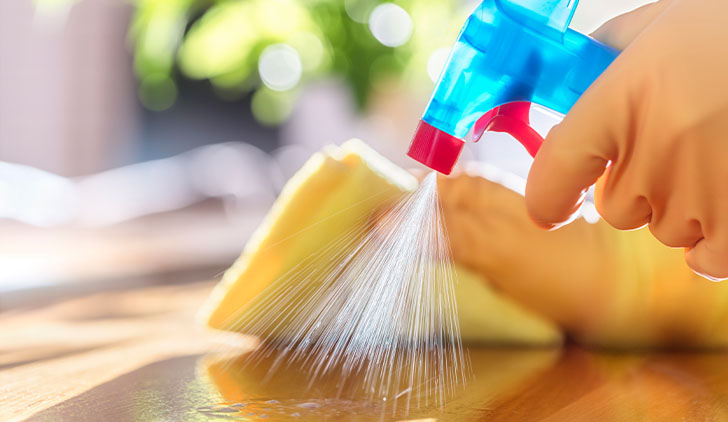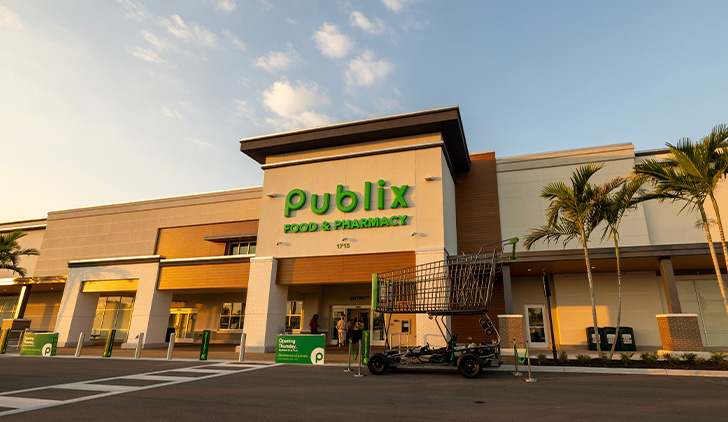
Maintaining a clean kitchen not only makes you feel good, but it also benefits your health by preventing cross-contamination while you prepare food. September is National Food Safety Education Month, and we are sharing tips to keep you and your loved ones safe.
No contamination around here
According to the Centers for Disease Control and Prevention, 1 in 6 Americans get sick from contaminated food or drinks each year. It is important to take the right measures in the kitchen to avoid cross-contamination, which occurs when bacteria or other microorganisms are unintentionally transferred from one substance or object to another. When shopping, you can avoid cross‑contamination by separating packages of raw meat, poultry and fish from other products and placing them in bags to prevent juices from dripping. When you get home, store these packages at the bottom of your fridge. Also, remember to store raw food at the bottom of your fridge.
Be sure to regularly wash your hands when handling food. It’s also best to use two different cutting boards and knives to keep raw meats and ready-to-eat produce separated. Wash cutting boards, dishes and utensils with hot soapy water after preparing items. And if you have a spill, clean it with paper towels and washcloths with the proper cleaning chemicals. Be sure to include your washcloths in the warm washing cycle to clean them after use. When it comes time to serve food, always use a clean plate.
Chemicals secured
Safely storing cleaning supplies and chemicals helps prevent cross-contamination of food with chemicals. Be sure to store chemicals away from food in clean, cool and dry spaces. Never store them above eye level; also avoid storing them on the floor. Always keep chemicals in their original containers; if you must use a different container, do not forget to label it. It’s also important to stay alert for any holes or cracks in chemical containers or their caps.


